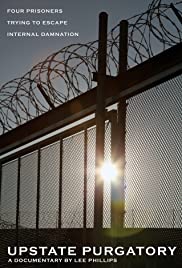
A searing portrait of four prisoners trying to escape the devastation of their past.
You May Also Like
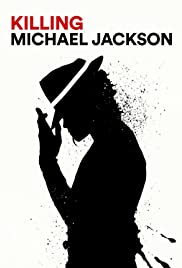
Interviews with the detectives involved in investigating the global star, Michael Jackson’s, death. They reveal fascinating insights into the events surrounding the day he died.

Seven-time Emmy Award winner Betty White shares her love for animals and VIP backstage pass to three of America’s top zoos and safari parks for a characteristically irreverent, intimate and unique tour of everything big cat.

Stewart Copeland, drummer for The Police, compiles his Super 8 footage to offer an intimate look at what it was like to be a member of one of the most important rock bands of all time.

In Cracked Up we witness the effects adverse childhood experiences can have across a lifetime through the incredible story of actor, comedian, master impressionist and Saturday Night Live veteran, Darrell Hammond. Behind the scenes Darrell suffered from debilitating flashbacks, self injury, addiction and misdiagnosis, until the right doctor isolated the key to unlocking the memories his brain kept locked away for over 50 years. Cracked Up, director Michelle Esrick, creates an inspiring balance between comedy and tragedy helping us understand the impact of toxic stress and childhood trauma in a new light, breaking down barriers of stigma and replacing shame with compassion and hope.

Documentary about the making of the 1996 horror-comedy.
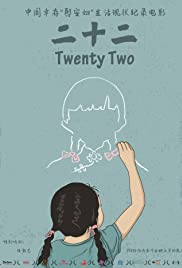
Follow the lives of the elderly survivors who were forced into sex slavery as “Comfort Women” by the Japanese during World War II. At the time of filming, only 22 of these women were still alive to tell their story. Through their own personal histories and perspectives, they tell a tale that should never be forgotten to generations unaware of the brutalization that occurred.
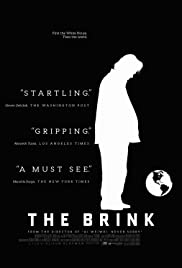
Now unconstrained by an official post, Steve Bannon is free to peddle influence as a perceived kingmaker, who some say still has a direct line to the White House. After anointing himself leader of the “populist movement,” he travels around the U.S. and the world spreading his hard-line anti-immigration message.
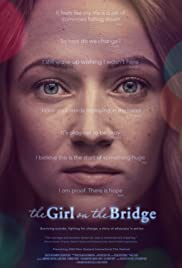
In the increasing public discourse on mental health, Leanne Pooley’s inspiring and fearless documentary tracks an extraordinary young woman’s journey from suicide survivor to advocate for those struggling. The fact it leaves you hopeful and with tangible advice makes it vital viewing.

Over 3,500 years ago, the powerful Shang Dynasty emerged from the Central Chinese plains. Their armies were led by a fierce and brilliant young general – her name was Fu Hao.

The Unbookables is a narrative documentary about stand-up comics who have spent their careers pushing limits–on stage and off. Relegated to small venues and touring in a crappy van through the Midwest they careen between the desire to succeed and the reality that there may be nothing left to lose. Road life is far from glamorous: comics come and go and cruel pranks and hard drinking punctuate their obsidian dark comedy on stage. They succeed and fail-spectacularly. When they face being fired for going too far on stage, the conflict culminates in a showdown: compromise or double down?

A group of filmmakers from the USA, UK, Russia and Europe came together in Latvia, aiming to do what every major studio in the world in every country was not able to do – complete the shooting of a film under Covid-19 conditions.
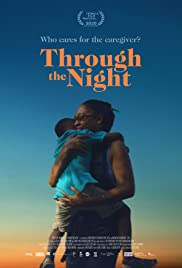
When one’s sole focus is to provide for their children, the stakes are extremely high. The need for multiple jobs to make ends meet has become a common reality for many families in this country, which leads to a very important question: who looks after the children while their parents work? Through the Night examines the economic and emotional toll affecting some American families, told through the lens of a 24-hour daycare center in Westchester, New York. At the center of it all is Nunu, the primary caregiver and a hero to many families in need of a safe space to bring their children.